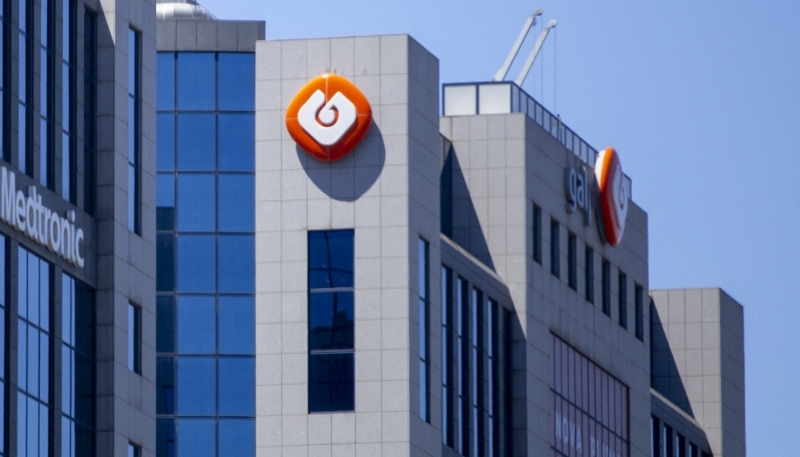Portuguese energy company Galp is now set to begin direct talks with potential partners who have shown interest in joining its oil exploration project in Namibia. The company’s Co-Chief Executive Officer, Maria João Carioca, confirmed this during a recent conference call with analysts, saying that the company received credible partnership offers between late June and early July 2025.
While Galp is keen on forming a partnership, Carioca made it clear that the company is not in a hurry. She said that working with an experienced operator is a crucial part of their long-term strategy and any deal must be carefully examined. She added that Galp still hopes to close the deal before the end of this year, but they will take time to review all offers properly during bilateral discussions.
Galp currently holds an 80% stake in the oil exploration consortium operating in Namibia. The other members of the partnership are Namibia’s state-owned oil company, Namcor, and Custos Energy. Galp’s former CEO, Filipe Silva, had previously stated in October 2024 that the company planned to maintain its majority stake until the exploration phase concludes at the end of 2025.
The oil project in Namibia is part of Galp’s broader efforts to expand its presence in Africa’s growing energy sector. Namibia is fast emerging as a key player in oil and gas, with several international companies exploring its offshore basins. By attracting the right partners, Galp aims to ensure technical strength and financial stability for the project’s next phase.
Meanwhile, Galp announced a profit of €565 million for the first half of 2025. Although this is a solid figure, it is still 9% lower than the company’s earnings during the same period last year. The drop in profit has been linked to several planned maintenance shutdowns in the first quarter of the year. These temporary halts affected production output and impacted financial performance in the short term.
Despite the early-year disruptions, Galp has adjusted its production forecast upward. The company now expects to produce between 105,000 and 110,000 barrels of oil equivalent per day. It also revised its EBITDA forecast to €2.7 billion, a reflection of better performance in the second quarter.
Galp’s operations in Namibia are being closely watched by investors and industry analysts. The company believes that the oil exploration block holds significant potential, and the partnership being discussed is expected to bring in not only capital but also technical know-how from global energy players. This would allow Galp to speed up development if commercial quantities of oil are confirmed.
Namibia’s oil and gas industry has been gaining international attention over the past few years. The government, through Namcor, has signed several exploration agreements with foreign companies as it tries to grow its energy economy. The partnership with Galp is one of the most promising and could provide a major boost to the country’s revenue in the future.
The move to attract partners for the Namibia project also aligns with Galp’s broader strategy of balancing risk and investment, especially in frontier markets. By bringing in another credible operator, Galp can reduce its financial exposure while still leading the development process.
Industry experts say that success in Namibia could significantly lift Galp’s position in the African oil market. But they also warn that oil exploration is capital-intensive and comes with risks, including environmental challenges and uncertain reserves. For this reason, the upcoming partnership deal will be key to how fast and effectively the project moves forward.
As negotiations continue, both the Namibian government and Galp are expected to work closely to ensure the partnership brings long-term benefits. If the deal goes through as expected by the end of 2025, it could mark a major milestone for Namibia’s journey toward becoming an oil-producing nation.
